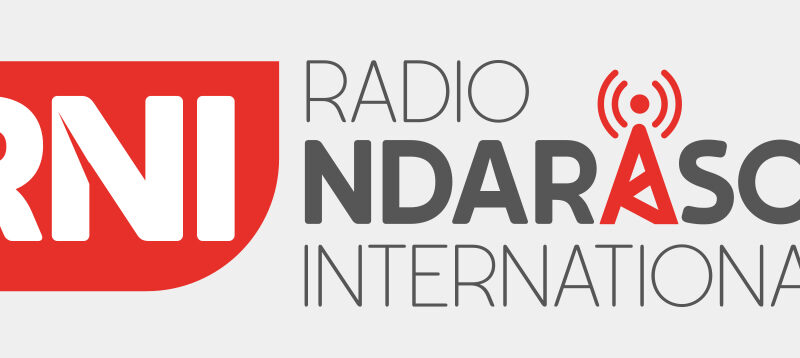Insecurity, poverty, hunger and a lack of funding for local aid agencies are exacerbating the humanitarian crises in vulnerable communities.
The number of children suffering from acute malnutrition in Nigeria’s northeast is expected to reach two million this year.
And, according the United Nations Children’s Fund (UNICEF), about 12 million children in the country are stunted, three million wasted and 23.5 million are suffering from anaemia due to malnutrition.
The agency expressed concern over the worsening situation of child malnutrition, particularly in the northeastern states of Borno, Adamawa and Yobe (BAY) where many villages and towns previously renowned for agriculture were destroyed and thousands of farmers were killed during the 14 years of conflict.
It said the entire northeastern region was at risk of food insecurity. Continued conflict, climate change, inflation and rising food prices were the key drivers.
Children were the most vulnerable to food insecurity, it said. Prolonged starvation could cause permanent organ damage and eventually death.
Mu’azu Modu, the chief executive officer of the Spotlight for Transparency and Accountability Initiative, said that apart from the insecurity, poverty and hunger, local non-governmental organisations (NGOs) and humanitarian agencies were finding it extremely difficult to access funding to provide aid to the most vulnerable communities.
“I believe poor monitoring and evaluation frameworks by the federal and state governments and international donors are factors that are worsening the humanitarian crises these communities,” he said.
“The reason some local NGOs are not getting funding from international donors is because the process of accessing funds is monopolised. Only a few individuals and organisations within the system receive the much-needed funding. And this is a serious setback in addressing the humanitarian crises in affected communities.
“The process of humanitarian financing or funding should be open, transparent and competitive so that every local NGO and humanitarian agency can get the money that will enable them to make a change. Most of the local NGOs know the people who are in urgent need of humanitarian aid. They know the affected communities; they know who and where they are.”
Modu said most of the affected communities in the BAY states, who were previously hard to reach because of insecurity, were now accessible.
“So, inaccessibility to communities because of insecurity is no longer an excuse. It is evident that most of the donors are more interested in newspaper reports than actually implementing humanitarian interventions in vulnerable communities. That’s why some people use humanitarian work to build booming businesses. They use it as a source to make money to the detriment of the people, especially internally displaced persons [IDPs] who are in dire need of humanitarian aid.”
Modu said government authorities, international donors and NGOs, as well as other stakeholders, needed to put in place a strong monitoring and evaluation framework to address the rising humanitarian crises, “such as the ever-increasing number of malnutrition cases, inadequate health facilities, inadequate basic social amenities, such as food and water, as well as inadequate and poor toilet and sanitation facilities”.
“If this is not done, humanitarian crises will continue to claim lives.”
Bintu Mustapha, a community health worker in the Damboa Local Government Area of Borno State, said that the cases of malnutrition among children were extremely prevalent in IDP camps and host communities.
“Infants and young children are not getting the nutritious food needed to prevent malnutrition. Nursing mothers are starving so they cannot produce enough milk to breastfeed their newborns. These communities do not have access to adequate healthcare services, water and sanitation. Most of them live in extreme poverty. Displaced people cannot even afford to have three square meals a day, let alone being able to buy nutritious food for themselves and their children. This is why we have seen a surge in the number of cases of malnutrition.”
Maryam Yakubu, a displaced woman in Damboa, told RNI that her baby was suffering from acute malnutrition. She said she was starving and could not produce enough milk for her baby.
Fatima Ibrahim, also a displaced mother, said: “My baby is suffering from severe malnutrition. It is so sad that I cannot do anything about it. I cannot afford to buy nutritious food. I feel helpless because I cannot provide what my baby needs. It’s terrible to sit and watch as my baby’s condition gets worse.
SHETTIMA LAWAN MONGUNO









